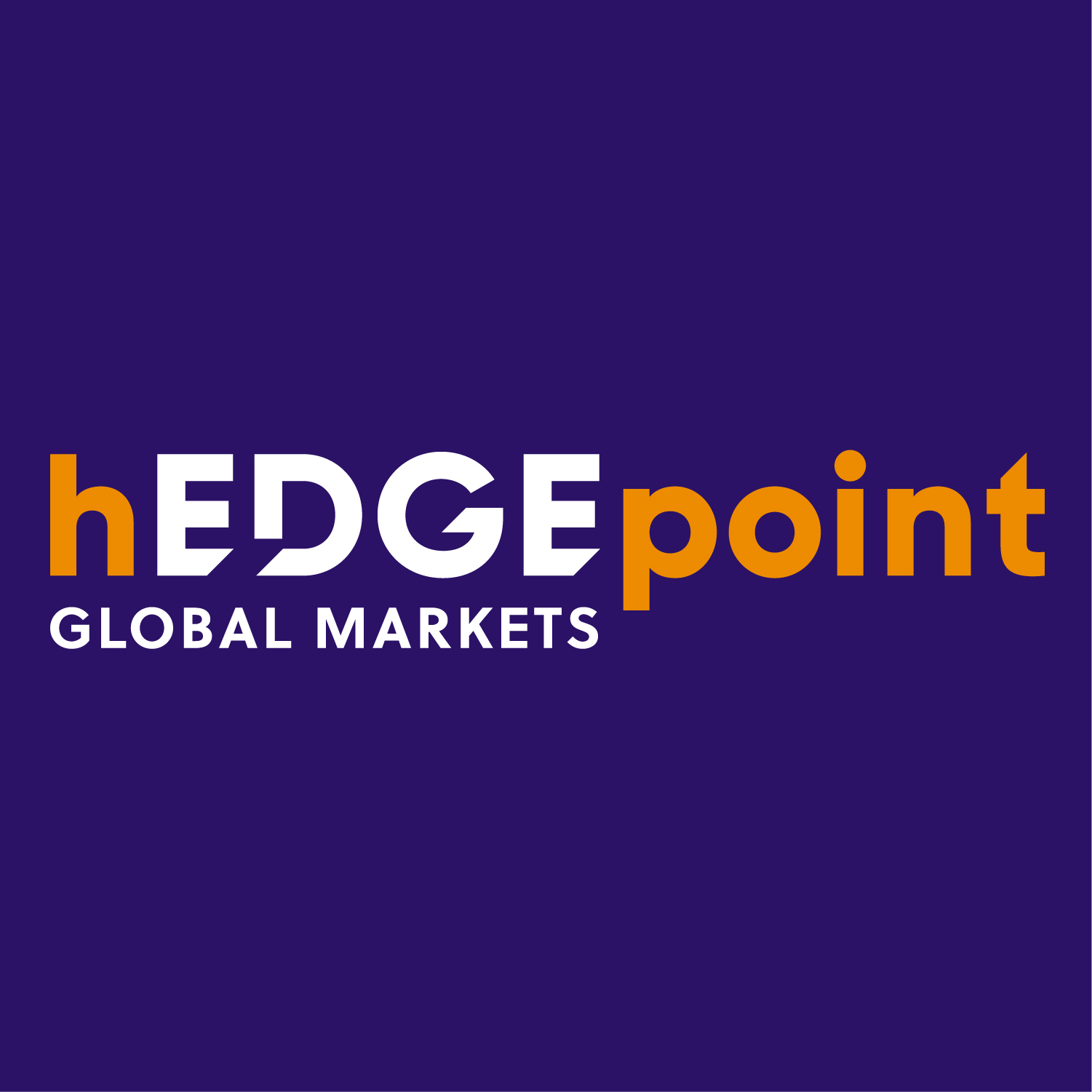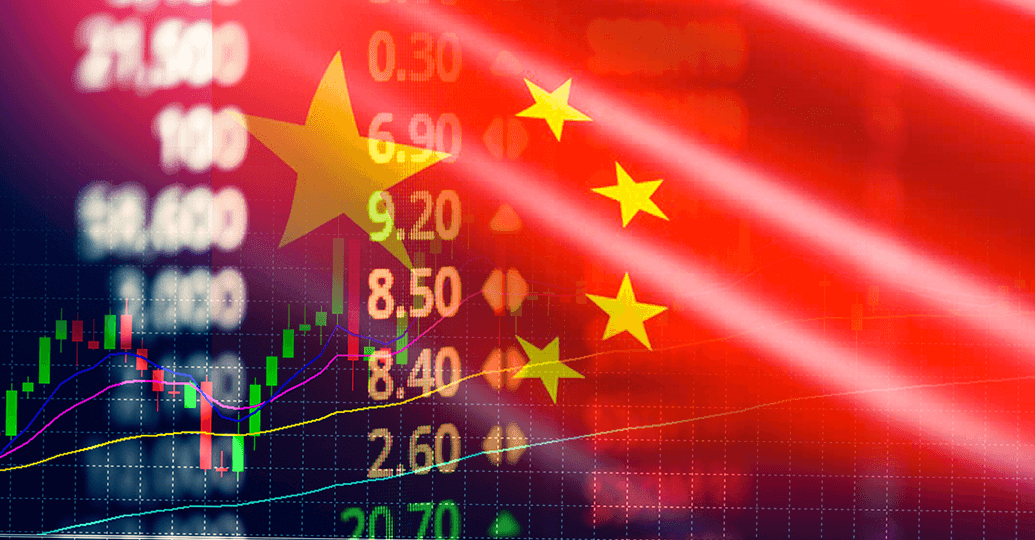COVID-19: The impacts of China’s pandemic and economy on the world
China is currently the country that demands the most commodities in the world. What are the prospects for the country’s return to the market?
The Coronavirus pandemic was an event that moved and shook the entire world in a way never seen before. And it’s not over yet. New cases continue to appear every day, but presently in smaller numbers, with fewer hospitalizations and reduced fatality.
The first case detected, back on November 17, 2019, was discovered in the province of Hubei, close to Wuhan, China, where the disease began to spread. Since then, it’s resulted in more than 6,670,000 deaths worldwide.
In the oriental country where the virus began to spread, the COVID Zero policy began in 2020, which included strict lockdowns—even when there were few cases, mass tests, company, school, and store closures. The only excepting was for the provision of food, and isolation is required until the number of new cases is zero.
Then came the vaccines, causing the number of deaths to fall, and now we’re moving towards access to medicines to treat COVID that can be bought in pharmacies.
Yet China has been greatly impacted economically by the decisions taken in these years, and even with a possible new outbreak due to a novel variant, it shouldn’t impose such restrictive norms again. The population itself has carried out protests against COVID Zero, and doesn’t want to go back to living in a new lockdown.
What’s the current economic situation in China?
With the imposition of strict rules to combat the coronavirus pandemic, China faces economic losses that may delay its return to stability. The country, which had been growing at around 9% annually in the past decade, is unlikely to reach 3% this year.
Currently, unemployment among youth has reached a new record of 20%, while corporate profits have declined sharply, and the manufacturing sector has once again registered a downturn. If things continue at this pace, it’ll be the slowest expansion that China has experienced in the last 40 years.
The lockdowns have caused major damage to product supply chains, leading to shortages of basic items in the country. Furthermore, when a country as large as China is economically weakened, the crisis is reflected around the world. After all, they’re the biggest buyers of commodities, from iron ore to oil, as well as grains and food.
Faced with this scenario, the population took to the streets to demonstrate against the COVID Zero policy and asked for freedom. With a new wave of the virus spreading, the imposition of a lockdown could arise again, preventing an attempt by the economy to return. to normality.
For the first time ever, the Chinese government has listened to its population’s requests, ensuring that it would ease protective measures and that do everything to prevent a new lockdown from happening.
However, with a new outbreak of the coronavirus spreading and new variants emerging at all times, it’s necessary to keep up with events in order to be able to speak with certainty about new global economic movements. Scenarios continue to be very unpredictable and unstable.
What are the impacts of China’s return to the market?
China is currently the country with the highest demand for commodities in the world. “If China returns to the market, it is as if, basically, one million more barrels of oil and derivatives per day are consumed,” explains specialist Heitor Paiva, Macroeconomics and Energy Analyst at hEDGEpoint.
With China returning to consume our commodities, there’s speculation about a second wave of inflation in the West, as demand will increase a lot. This should generate great competition for products, especially those that are also widely consumed in the United States and Europe.
Another estimate is that the U.S. and Europe could enter a recession, reducing their consumption of commodities from Brazil. However, with China returning to the market, the decline in activity in the aforementioned areas would be compensated. And, if Western countries manage to remain economically stable, it’ll be even better for countries like Brazil.
For the producer, this can be good news, at least for a certain time: As their products become more valued, prices rise and margins increase, as there will be more interest in what we have to offer. However, after a big wave, it’s always advisable to be cautious with what comes next. All the scenarios generated by COVID-19 are still new and difficult to predict.
When talking about a highly contagious pandemic, which has already resulted in so many deaths, and where the main risk is human contact, it’s not known what tomorrow will bring. Just remember that in 2019, we were carrying out other projections—without ever imagining what lay ahead.
Thus, the best thing to do is to seek the best information and use existing resources and tools to protect yourself from future volatility.
With so much unpredictability, how do you protect yourself financially?
Faced with a context as complex as the pandemic and its consequences, those who work in the commodity chain need to plan and anticipate market movements to ensure greater security and stability for the future of their business.
Having a good hedging strategy can be the key to guarding against instability in financial markets, both by avoiding unpleasant surprises in your financial planning, and by taking advantage of good opportunities to lock in your margins. But it’s not enough to just decide to use this form of protection without intensive study and prior knowledge.
hEDGEpoint combines the knowledge of specialists in the agribusiness market with risk management solutions through technology, and customized consulting, to always offer you the best experience in futures operations.
We are globally present, and always ready to serve you—anytime, anywhere. Get in touch with a consultant now to find out more about how to use these instruments to favor your business.
Talk with a hEDGEpoint specialist.






